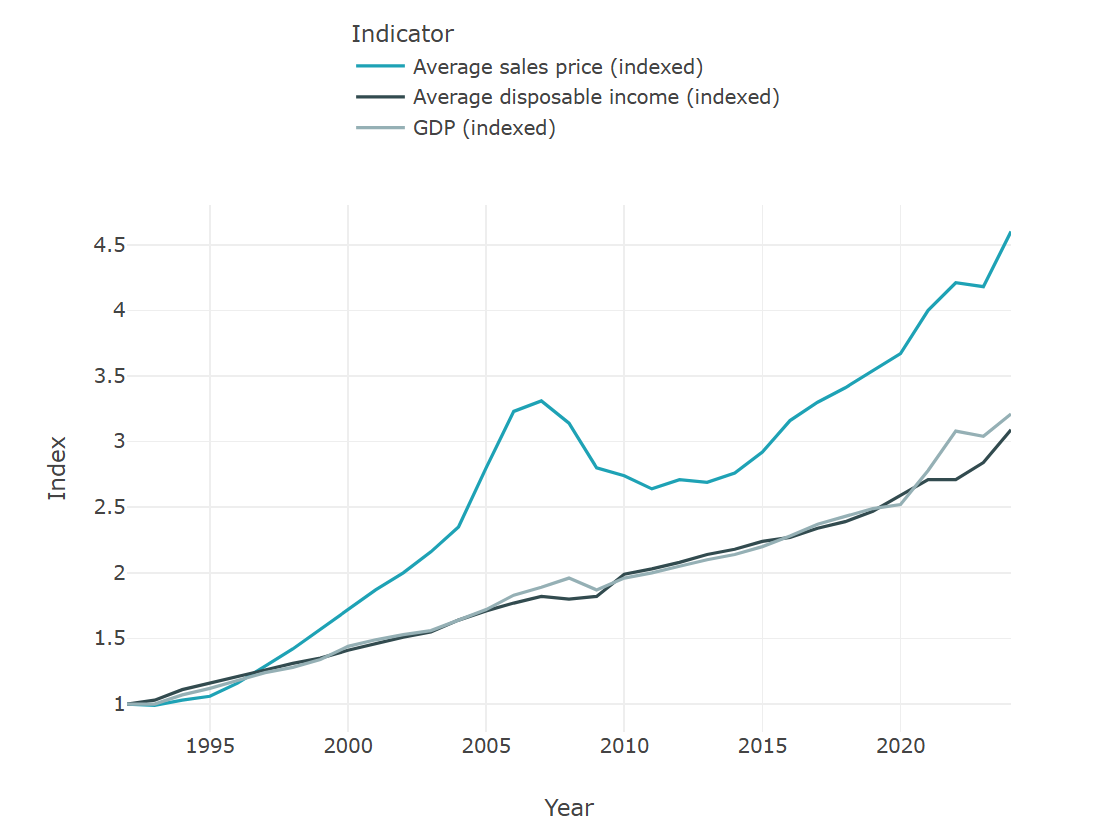For both employers and employees in the early stages of their relationship (e.g the interview or the probationary/trial period), there’s often an almost imperceptible uneasiness about the ‘other person’ that’s only ever discussed when asked about – usually by sceptical friends or risk-averse mentors and advisors.
But at some point during the conversation, the same question always comes up: “Are you sure this is what/who you really want?” And after everything is weighed and measured, the final answer is only “yes” or “no”. But how do you know?
What a feeling!
“Well, I don’t …” the employee might reply … or “I’m just excited at the possibility” or “It’s been my dream for a long time” or “C’mon! Who wouldn’t want to work for them!”
The employer might say: “They just get it. You know… who we are … what we do … why we do it.”
If you’re not in a talking mood or can’t explain it, a simple “It’s just a feeling” usually works.
What? A feeling?
A feeling? Are you basing an important decision like who to hire or where to work on a feeling? Chemistry? While important and inherently difficult to define, chemistry can be easily confused with lust, infatuation or friendship. So it’s no surprise why such doubts linger, even in the final moments before you say ‘I do’ (contract signing).
I’ve worked with serious employers or employees who are absolutely sure they want to commit, but couldn’t clarify their ‘feeling’ even if their career or company depended on it. But there is a common thread. They all had a high level of satisfaction with the relationship (at that point).
In its simplest terms, satisfaction means your needs, or what you value, are being met. It’s the basis of that indefinable feeling that’s sensed but lacks explanation. It’s a sign that a relationship is working.
What are you feeling?
But how do you know? Ask yourself: “How satisfied am I? Have I been more satisfied before? How easily could I illustrate being more satisfied (provide examples)? Do I need a self-appraisal?”
If you can’t imagine or recall specific examples of satisfaction – yet a lingering, subtle dissatisfaction remains – it’s an indication that you may not know what you want, need or value. If you’re satisfied, it’s more by chance than by choice. What might be needed is a self-evaluation: time and effort dedicated to assess your professional/company needs and values.
And to do it right, you’ll need to determine three things: 1) Efficacy – Is this working? (you need to know your values before you can assess); 2) Effectiveness – Is it benefiting me? (are my values being satisfied?); and 3) Efficiency – What’s my cost/benefit? (there are always opportunity and real costs).














